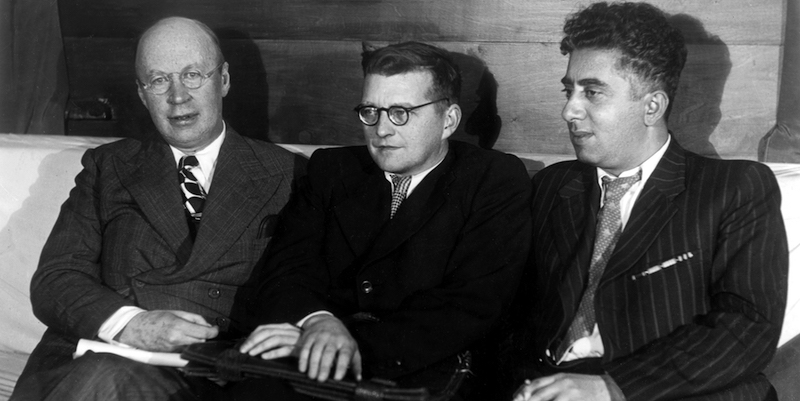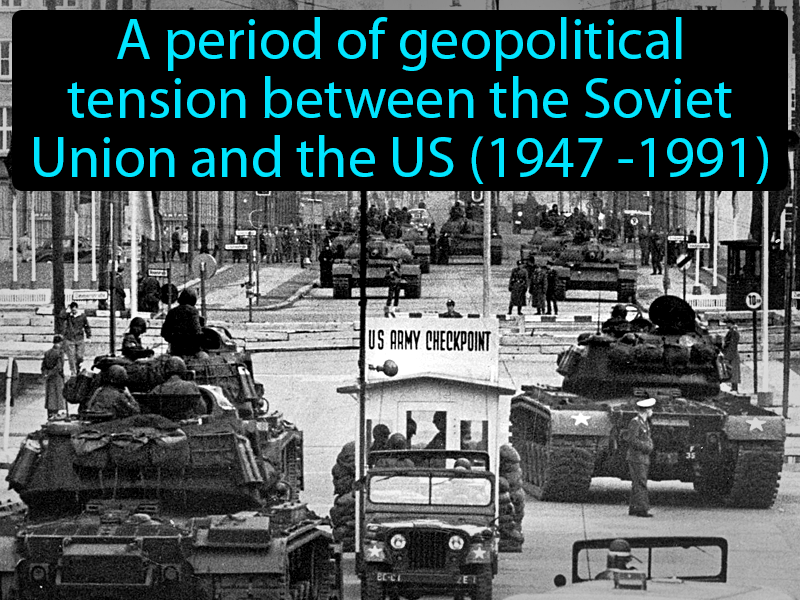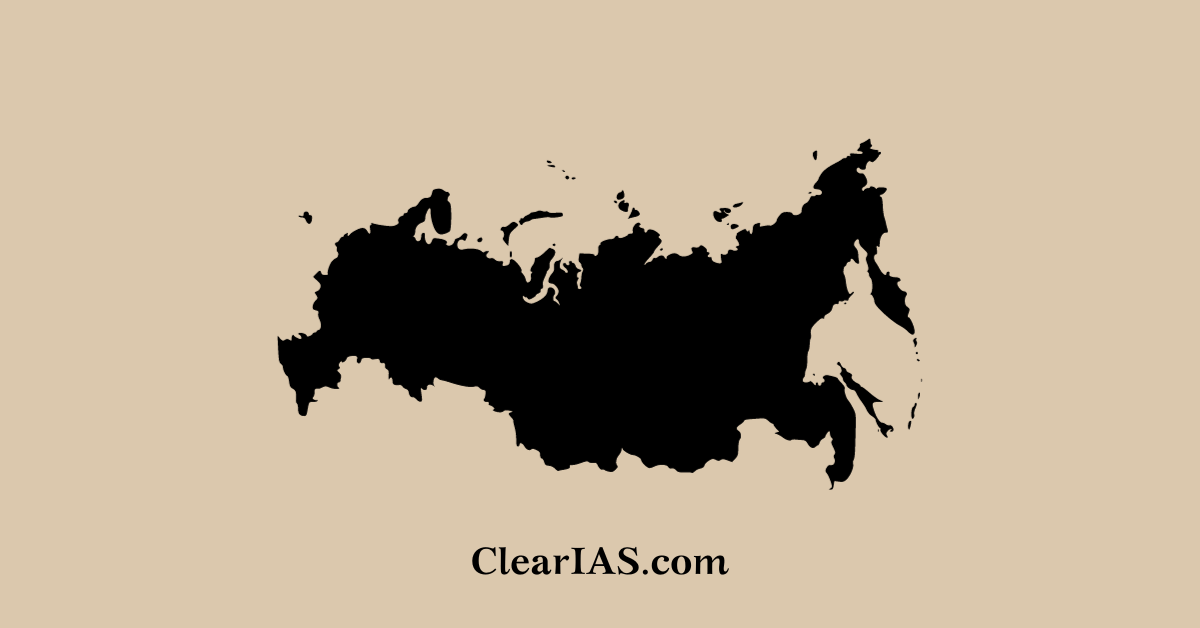European History Soviet Union Soviet Union By: History.com Editors Updated: March 20, 2023 | Original: September 1, 2017 copy page link Peter Turnley/Corbis/VCG via Getty Images After
Does Modern Technology Enable Communism? | AIER
The Soviet Union had been granted control of the northern half of the Korean peninsula at the end of World War II, and the United States had control of the southern portion. The Soviets displayed little interest in extending its power into South Korea, and Stalin did not wish to risk confrontation with the United States over Korea.

Source Image: britannica.com
Download Image
For fifty years the Soviet Union stood in the eyes of the West as a terrifying enigma bent on imperial and ideological expansion. According to Washington, it was a threatening state that needed to be confronted and contained. From Berlin to Hanoi and Cairo to Havana, the United States and the Soviet Union clashed in an era known as the Cold War.

Source Image: facebook.com
Download Image
When Classical Music Was a Cold War Battleground ‹ Literary Hub Nuclear TestBan Treaty Summary Nuclear Test-Ban Treaty, treaty signed in Moscow on August 5, 1963, by the United States, the Soviet Union, and the United Kingdom that banned all tests of nuclear weapons except those conducted underground. The origins of the treaty lay in worldwide public concern over the danger posed by

Source Image: pbs.org
Download Image
Why Was The Soviet Union Responsible For The Cold War
Nuclear TestBan Treaty Summary Nuclear Test-Ban Treaty, treaty signed in Moscow on August 5, 1963, by the United States, the Soviet Union, and the United Kingdom that banned all tests of nuclear weapons except those conducted underground. The origins of the treaty lay in worldwide public concern over the danger posed by Soviet foreign policy was becoming more aggressive. Thus began the espousal of the Arab cause that was to last more than three decades. Soviet Union – Cold War, Communism, Collapse: Stalin died a slow, angry, and painful death on March 5, 1953. He had suffered a stroke after retiring on the night of March 1-2, but this was not perceived until
These Soviet propaganda posters once evoked heroism, pride and anxiety | PBS NewsHour
The Cold War was a period of geopolitical tension marked by competition and confrontation between communist nations led by the Soviet Union and Western democracies including the United The Cold War Quiz: History Trivia! – Trivia & Questions
(168).jpg)
Source Image: proprofs.com
Download Image
Articles Tagged with: cold war — ANS / Nuclear Newswire The Cold War was a period of geopolitical tension marked by competition and confrontation between communist nations led by the Soviet Union and Western democracies including the United

Source Image: ans.org
Download Image
Does Modern Technology Enable Communism? | AIER European History Soviet Union Soviet Union By: History.com Editors Updated: March 20, 2023 | Original: September 1, 2017 copy page link Peter Turnley/Corbis/VCG via Getty Images After

Source Image: aier.org
Download Image
When Classical Music Was a Cold War Battleground ‹ Literary Hub For fifty years the Soviet Union stood in the eyes of the West as a terrifying enigma bent on imperial and ideological expansion. According to Washington, it was a threatening state that needed to be confronted and contained. From Berlin to Hanoi and Cairo to Havana, the United States and the Soviet Union clashed in an era known as the Cold War.

Source Image: lithub.com
Download Image
Cold War Definition & Image | GameSmartz Oct 24, 2022The Soviet Union’s major ally during the first half of the Cold War, the communist-led People’s Republic of China, contributed massive numbers of troops to the conflict in Korea and provided

Source Image: gamesmartz.com
Download Image
Disintegration of the USSR (1991): Reasons and Impact – ClearIAS Nuclear TestBan Treaty Summary Nuclear Test-Ban Treaty, treaty signed in Moscow on August 5, 1963, by the United States, the Soviet Union, and the United Kingdom that banned all tests of nuclear weapons except those conducted underground. The origins of the treaty lay in worldwide public concern over the danger posed by

Source Image: clearias.com
Download Image
From cold war to hot war Soviet foreign policy was becoming more aggressive. Thus began the espousal of the Arab cause that was to last more than three decades. Soviet Union – Cold War, Communism, Collapse: Stalin died a slow, angry, and painful death on March 5, 1953. He had suffered a stroke after retiring on the night of March 1-2, but this was not perceived until

Source Image: economist.com
Download Image
Articles Tagged with: cold war — ANS / Nuclear Newswire
From cold war to hot war The Soviet Union had been granted control of the northern half of the Korean peninsula at the end of World War II, and the United States had control of the southern portion. The Soviets displayed little interest in extending its power into South Korea, and Stalin did not wish to risk confrontation with the United States over Korea.
When Classical Music Was a Cold War Battleground ‹ Literary Hub Disintegration of the USSR (1991): Reasons and Impact – ClearIAS Oct 24, 2022The Soviet Union’s major ally during the first half of the Cold War, the communist-led People’s Republic of China, contributed massive numbers of troops to the conflict in Korea and provided